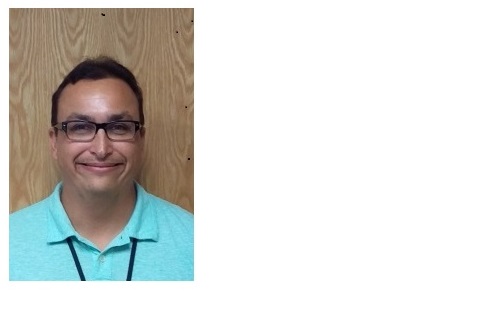Center of Innovation on Disability & Rehab Research (CINDRR)
New CINDRR HSR&D Fellow

Christopher Fowler, PhD, CINDRR HSR&D Fellow
As the newest CINDRR HSR&D Fellow, Dr. Chris Fowler hopes to gain a better understanding of ways to improve Veteran access to non-pharmacological treatments, e.g., psychotherapy, physical therapy, acupuncture, and associated outcomes for Veterans living with chronic pain conditions. He is interested in developing a scale to measure the self-stigma that is associated with having a chronic pain condition. Chris developed these interests over several years of providing psychological interventions for pain management in specialized pain clinic and primary care settings.
Dr. Fowler is a Clinical Psychologist with research interests in chronic pain management, health-related stigma, and treatment-seeking intentions. He has spent several years conducting research on stigma, recovery, and treatment-seeking intentions among people with serious and persistent mental illness (SPMI). Dr. Fowler received his PhD in Clinical Psychology with an emphasis in Health Psychology from the University of Missouri-Kansas City. His dissertation was entitled On ‘Clear and Present Danger’: The Influence of Firearm Legislation on College Student Perceptions of Mental Illness and Treatment-seeking Intentions. This study examined whether exposing college students to a mock psychotherapy consent form containing firearm laws which require health service providers to report to state human service agencies people they believed to be a danger to themselves or others, would reduce treatment-seeking intentions and increase perceived stigma toward people with psychological disorders. He found that treatment-seeking intentions and mental health stigma did not differ between participants who read these firearm reporting provisions and a control group that read a psychotherapy consent form without these provisions.
Dr. Fowler is currently working on several manuscripts with implications for adult mental health populations. His primary projects include a qualitative study using diffusion of innovations theory to better understand the process in which health service providers have adopted Ending Self-Stigma, an intervention designed to reduce maladaptive self-thoughts, feelings, and behaviors that people often experience secondary to having SPMI. Another paper examines how actual performance on neurocognitive measures and subjective complaints about cognitive functioning are differentially associated with fear of diagnostic disclosure and perceptions of recovery among people with SPMI. Finally, he is also examining the psychometric properties of the General Help-Seeking Questionnaire (GHSQ) in a college student sample. The GHSQ is used to examine intentions to seek help for mental health symptoms from a variety of sources, e.g., family, friends, service providers.



















